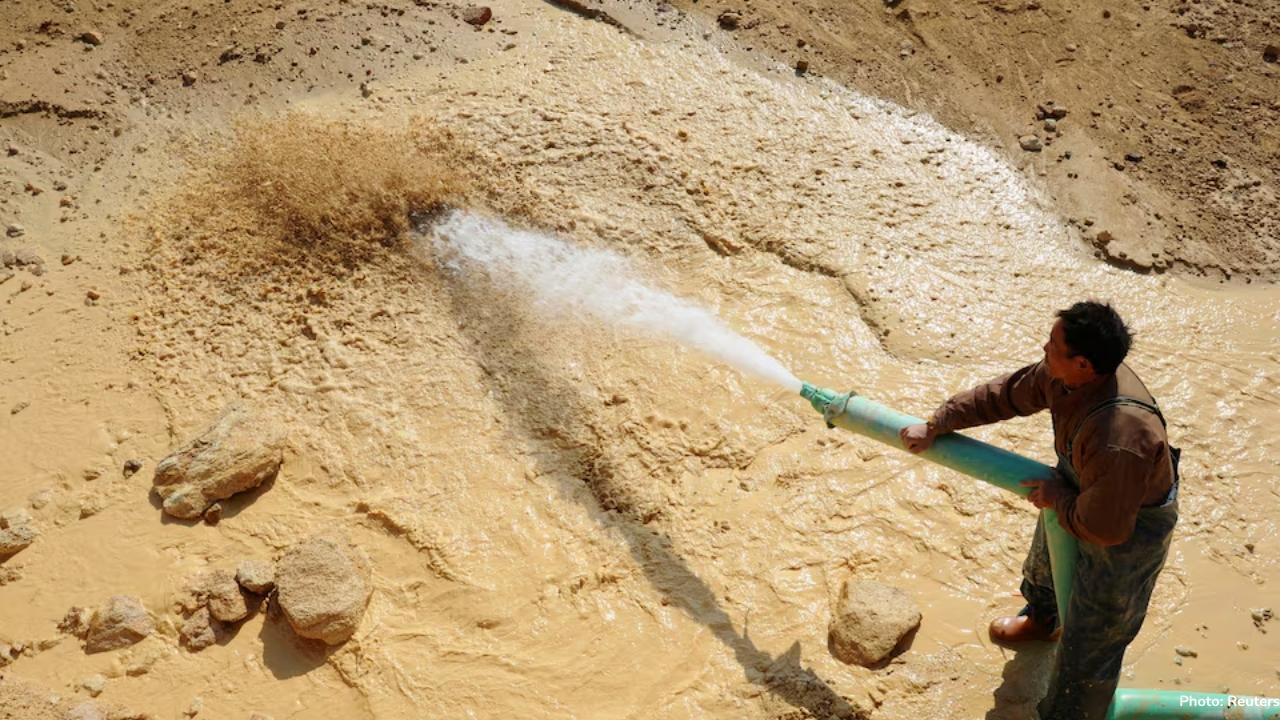
Post by : Monika
Taiwan's economy ministry announced that China's recent expansion of rare earth export controls would not significantly impact Taiwan's semiconductor industry. The ministry clarified that the rare-earth elements newly restricted by China are not essential for Taiwan's chip manufacturing processes. Instead, Taiwan sources most of its required rare-earth-related products and derivatives from Europe, the United States, and Japan.
China's Expanded Export Controls
China has recently intensified its export restrictions on rare earth elements, adding five new elements to its restricted list. These elements are holmium, erbium, thulium, europium, and ytterbium. The Chinese government stated that these measures are driven by concerns over the military applications of these materials amid global tensions. The new rules also include additional scrutiny for semiconductor-related applications and prohibit Chinese firms from collaborating with foreign companies on rare earths without prior approval.
Taiwan's Semiconductor Industry
Taiwan is home to Taiwan Semiconductor Manufacturing Company (TSMC), the world's largest contract chipmaker. TSMC produces the majority of advanced chips used in various applications, including artificial intelligence. Despite China's expanded export controls, Taiwan's economy ministry emphasized that the rare-earth elements affected by these new restrictions are not required for the semiconductor manufacturing processes in Taiwan.
The ministry further noted that Taiwan's domestic needs for rare-earth-related products are primarily met through imports from Europe, the United States, and Japan. This diversified supply chain reduces Taiwan's dependence on China for these critical materials.
Potential Impact on Other Industries
While the semiconductor industry in Taiwan is not expected to be significantly affected by China's new export controls, other sectors may experience disruptions. The economy ministry warned that the expanded restrictions could impact global supply chains for products such as electric vehicles and drones. These industries rely on rare earth elements for the production of components like magnets and batteries. The ministry stated that the situation would need to be closely monitored to assess any potential effects on these sectors.
Global Reactions and Market Implications
China's decision to tighten export controls on rare earth elements has drawn attention from various countries and industries worldwide. Rare earth elements are crucial for the production of high-tech devices, renewable energy technologies, and defense equipment. As the leading global supplier of processed rare earths, China's export policies have significant implications for global supply chains.
In response to China's actions, the United States has expressed concerns over the potential impact on its industries. The U.S. has been actively seeking alternative sources for rare earth materials to reduce reliance on China. Efforts are underway to develop domestic mining and processing capabilities, as well as to establish partnerships with other countries that possess rare earth resources.
Taiwan's Strategic Position
Taiwan's strategic position in the global semiconductor industry places it at the center of discussions regarding supply chain resilience and diversification. The island's robust manufacturing capabilities and access to a diverse range of suppliers for critical materials contribute to its ability to mitigate risks associated with geopolitical tensions and trade restrictions.
The Taiwanese government's proactive approach to securing alternative sources for rare earth materials further strengthens its position. By fostering relationships with countries outside of China's sphere of influence, Taiwan aims to ensure a stable and secure supply of essential resources for its industries.
Taiwan's economy ministry has stated that China's expanded export controls on rare earth elements will not have a significant impact on the island's semiconductor industry.
The rare-earth elements affected by the new restrictions are not essential for Taiwan's chip manufacturing processes, and the country sources most of its required materials from Europe, the United States, and Japan. While other industries, such as electric vehicles and drones, may face challenges due to the tightened export controls, Taiwan's diversified supply chain and strategic partnerships position it to navigate these potential disruptions effectively.
As global demand for rare earth elements continues to rise, countries and industries are increasingly focused on securing reliable and diverse sources for these critical materials. Taiwan's experience highlights the importance of strategic planning and international cooperation in maintaining the stability and resilience of global supply chains.
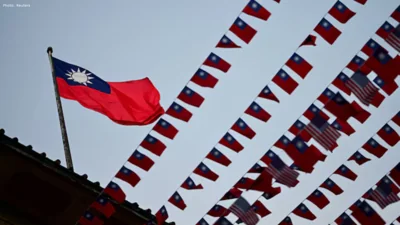
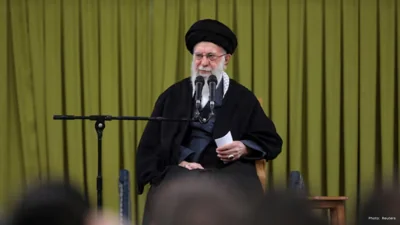
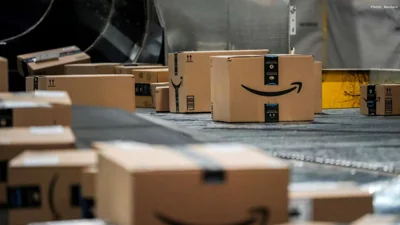
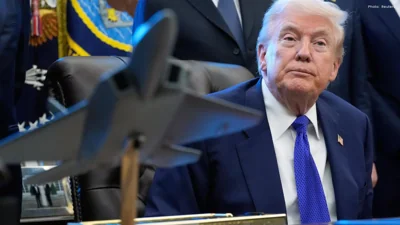

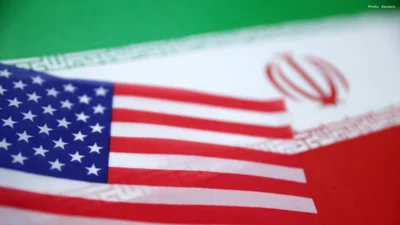


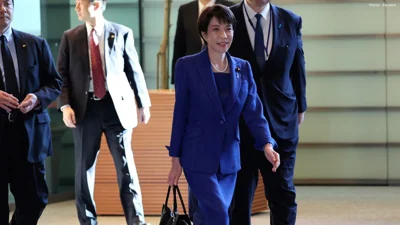

Mattel Revives Masters of the Universe Action Figures Ahead of Film Launch
Mattel is reintroducing Masters of the Universe figures in line with its upcoming film, tapping into

China Executes 11 Members of Criminal Clan Linked to Myanmar Scam
China has executed 11 criminals associated with the Ming family, known for major scams and human tra

US Issues Alarm to Iran as Military Forces Deploy in Gulf Region
With a significant military presence in the Gulf, Trump urges Iran to negotiate a nuclear deal or fa

Copper Prices Reach Unprecedented Highs Amid Geopolitical Turmoil
Copper prices soar to all-time highs as geopolitical tensions and a weakening dollar boost investor

New Zealand Secures First Win Against India, Triumph by 50 Runs
New Zealand won the 4th T20I against India by 50 runs in Vizag. Despite Dube's impressive 65, India

BTS Tour Sparks Global Demand: Mexico Appeals for Additional Shows
BTS' comeback tour creates immense demand in Mexico, prompting President Sheinbaum to urge more conc